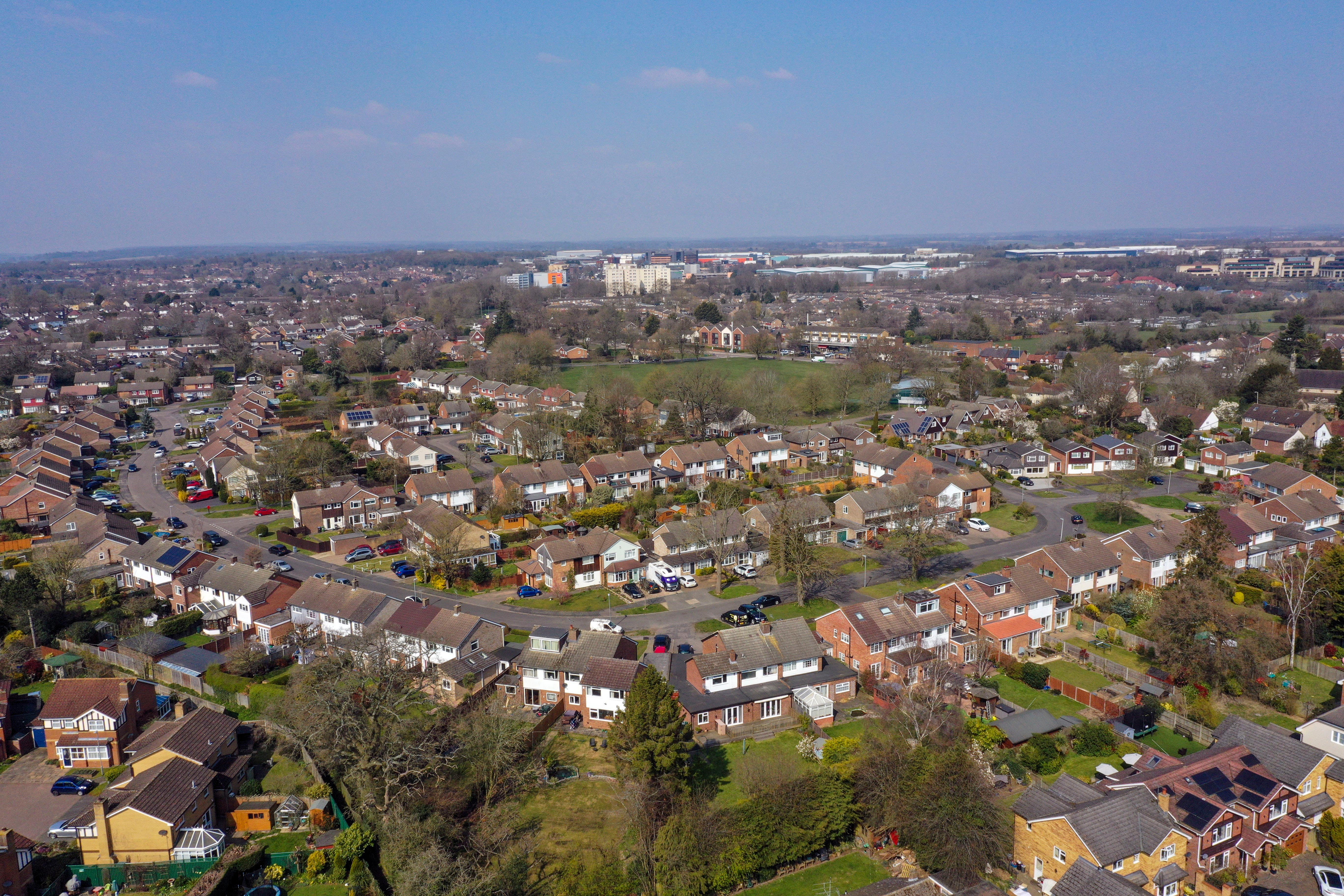Average price tag on a home sitting just £570 below previous record – Rightmove
The top of the ladder sector which is less dependent on mortgages continues to drive pricing activity, the property website said.

Your support helps us to tell the story
From reproductive rights to climate change to Big Tech, The Independent is on the ground when the story is developing. Whether it's investigating the financials of Elon Musk's pro-Trump PAC or producing our latest documentary, 'The A Word', which shines a light on the American women fighting for reproductive rights, we know how important it is to parse out the facts from the messaging.
At such a critical moment in US history, we need reporters on the ground. Your donation allows us to keep sending journalists to speak to both sides of the story.
The Independent is trusted by Americans across the entire political spectrum. And unlike many other quality news outlets, we choose not to lock Americans out of our reporting and analysis with paywalls. We believe quality journalism should be available to everyone, paid for by those who can afford it.
Your support makes all the difference.The average price tag on a home is only around £570 short of a record high reached in May last year, according to a property website.
Across Britain, the typical price of a property coming to market increased by 1.1% or £4,207 month-on-month in April, Rightmove said.
A key factor behind the growth towards near-record average prices according to the website is “top of the ladder” properties, with a jump in new sellers and sales agreed for bigger, family-sized homes.
By contrast, house prices and activity are rising more slowly in the more mortgage-dependent sectors of the market, including people taking their first and second steps on the property ladder, the report added.
The average new seller asking price across Britain is now £372,324.
The average asking price for a “top of the ladder” home in April is £682,661, up by more than £18,000 from £664,422 in March.
Overall, the first four months of the year have been “much improved” compared with 2023, with the market seeing boosts in both buyer and seller activity this spring, the website said.
Rightmove said that current sales are level with 2019, despite buyer conditions being much more challenging, with elevated mortgage rates plus house prices having grown by more than a fifth (22%) during the intervening years.
Affordability has been assisted by wage growth, Rightmove said.
Tim Bannister, Rightmove’s director of property science, said: “The top of the ladder sector continues to drive pricing activity at the start of the year, with movers in this sector typically less sensitive to higher mortgage rates, and more equity rich, contributing to their ability to move.
“While some buyers, across all sectors, will feel that their affordability has improved compared to last year due to wage growth and stable house prices, others will be more impacted by cost-of-living challenges and stickier than expected high mortgage rates.
“Despite these factors, it has been a positive start to the year in comparison to the more muted start to 2023. However, agents report that the market remains very price-sensitive, and despite the current optimism, these are not the conditions to support substantial price growth. Sellers who are keen to secure their sale will still need to price realistically for their local market and avoid being overambitious at the start of marketing to give themselves the best chance of finding a buyer.”
Mr Bannister suggested that there could be a “tempting window of opportunity” for some people to make moves before the summer holidays and a general election.
The findings were released as a report from the Building Societies Association (BSA) looked at the struggles for prospective first-time buyers in getting onto the property ladder.
The report said: “An important balance is the compromise between financial stability and first-time buyer numbers.
“The last decade has seen the balance tilted in favour of financial stability with the inevitable cost of many being excluded from home ownership. It is now time to debate the costs and benefits of the current approach.”
It added: “Those with single incomes, lower than average incomes,or unstable incomes, and with less wealth have struggled to buy their own home and found themselves stuck in the private rented sector.”
Paul Broadhead, head of mortgage and housing policy at the BSA, said: “A properly functioning housing market is dependent on first-time buyers being able to afford their first home. Whilst building societies are creating bespoke, targeted innovations within the current regulatory framework, new thinking and radical changes are needed.”